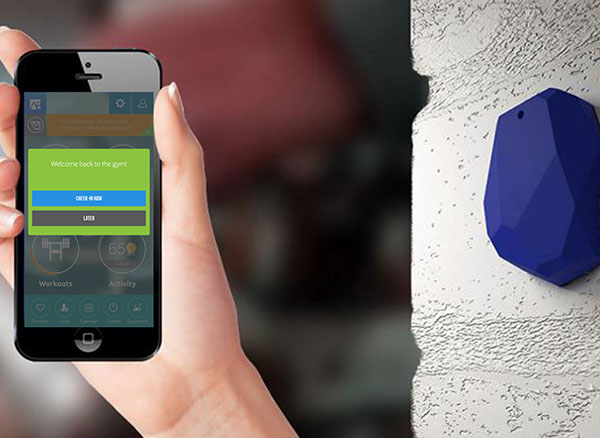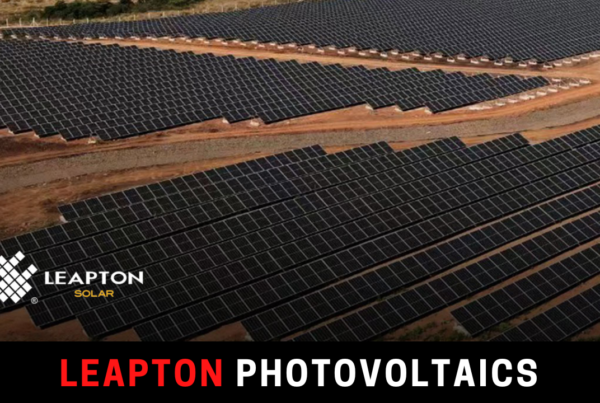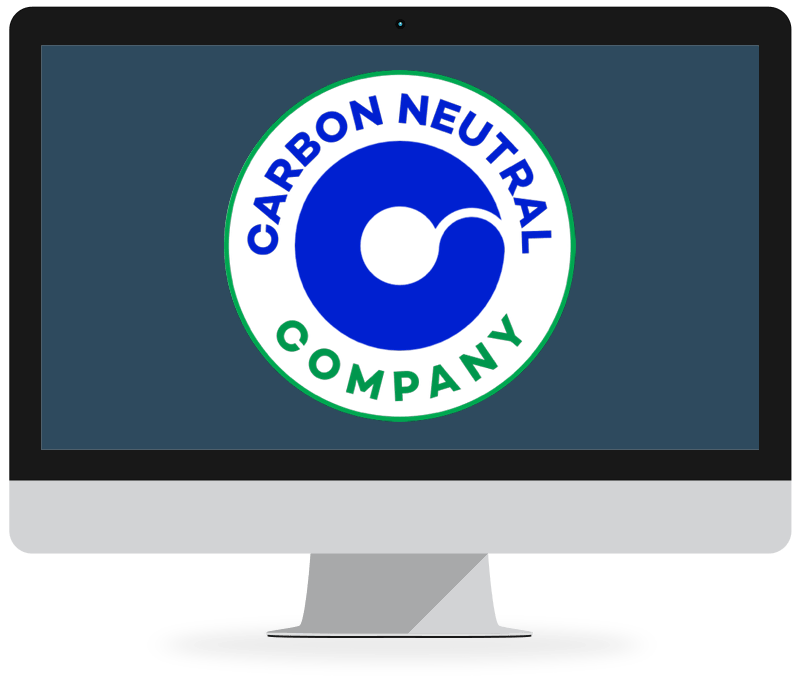The use of beacons is not new. Since Apple initially developed iBeacon technology in 2013, it has gone a long way. Smart Bluetooth beacon technology gets employed in a wide range of businesses worldwide, and its demand is at an all-time high.
A new study reveals that the worldwide beacon market in 2020 earned over $3 billion and gets predicted to reach $103.94 billion by the year 2030, rising at a 37.70 percent CAGR from 2021 to 2030.
But, what is the source of this surge in its demand in the market? What are the current market conditions? What fresh opportunities do apps provide for businesses? Continue reading to learn more.
Beacon Technology:
First and foremost, what is beacon technology? A Bluetooth beacon is a small, wireless Bluetooth method of sending out a signal that other Bluetooth devices can detect, like cell phones. A Bluetooth beacon, BLE Beacon, and simply a beacon, are other names used for this technology.
Affiliate Link to buy BLE Beacon
The beacon does not broadcast an arbitrary signal. It provides the listening device with an ID number that tells it which beacon it’s near. When a smartphone app is within range of a beacon, it will scan the beacon data, decide which function gets assigned to the information, and perform the action.
Why Is The Market For Beacon Technology Booming?
Let’s discuss why the Bluetooth beacon technology business is booming as we’ve covered the basics of beacon technology. iBeacons got developed in 2013 with a lot of promise. However, they didn’t appear to be the same as predicted. Although the technology has several applications and possibilities, some functionality has only recently become popular as it has progressed.
• Covid-19’s Impact
The global lockdown imposed by various governments in response to the pandemic of Covid-19 hampered the expansion of the Bluetooth low energy beacon sector. Furthermore, beacon sales get impeded by interference in electronics production. Bluetooth beacons, on the other hand, are increasingly being used to restrict the spread of the Covid-19 virus, particularly in the healthcare field.
• Smart Gadgets And In-Store Advertising
Advances in communication technology, a rise in the deployment of new gadgets, and an increase in proximity marketing spending are driving the global beacon industry. In-store branding is becoming more popular, as is the usage of Bluetooth-enabled devices like phones and smart wearable watches.
• Emerging Economies
New superstores, departmental shops, and supermarkets are developing in emerging nations, replete with digital networks that encourage retailers to use beacons and other position-based technology like geofencing to grow their businesses.
• A Budget-Friendly Option
Bluetooth-based solutions lessen price points and contribute to their widespread acceptance in areas like indoor and outdoor navigation, elderly care, staff security, inexpensive asset tracking, online ticketing, and more.
 What Advantages Does Beacon Technology Provide?
What Advantages Does Beacon Technology Provide?
Bluetooth beacon technology is used in the industries to track and connect with customers, including retail, education, transit, hospitality, finance, travel, and more.
The following are only a handful of the technology’s advantages:
1. Proximity Marketing
Businesses may track the exact location of a customer at any given time using beacons installed in stores, event venues, or any public space and send customized notifications for bargains, discounts, and offers. Moreover, when properly deployed, BLE beacon technology helps businesses understand their consumers’ behavior and, as a result, leverage proximity data to provide a more personalized experience.
2. Navigation
Facilities, such as shopping malls, hospitals, airports, and stadiums, can have beacons installed to allow users to navigate indoors. It is especially valuable in sectors like healthcare, where employees spend a lot of time giving directions.
Other benefits of BLE beacon technology:
• Asset tracking
• Occupancy monitoring
• Loyalty programs
• Contact tracing
• Mobile ticketing
• Advanced data gathering
Market Forecast For Beacon Technology 2021-2030:
Considering the Allied Market Study’s recent report, the global Bluetooth low energy beacon technology market gets predicted to grow, reaching $103.94 billion by 2030.
An expansion in the retailing industry, such as department stores, supermarkets, and hypermarkets, is likely to generate the most profitable chances during the forecast period. Second and third place go to hospitality, finance, medical, education, transportation, and logistics.
North America leads the market, with Asia-Pacific, Europe, Latin America, and the Caribbean following closely behind. It is due to the technology’s general acceptability, which gets facilitated by the extensive use of portable devices.
The low-energy version of Bluetooth gets expected to dominate the market, with iBeacon gaining ground in the standard version. Because of its products, the hardware portion will continue to dominate during the projected period. Lack of technological resources and concerns about security and privacy are among the market’s constraints.
Industries must look for providers which are devoted to client privacy, usually when it comes to location data, to alleviate privacy worries when integrating beacons or other location-based technology. Some plugin, for example, includes enhanced Bluetooth beacon tracking and a number of industry-leading security features and tools.
Public Transportation With BLE Beacons:
Bluetooth low energy has received a lot of attention, but it hasn’t been thoroughly investigated in the field of public transportation. Nevertheless, as the BLE beacon technique matures and demand grows, some are beginning to consider it the ideal answer for online ticketing.
BLE beacons enable apps to precisely detect people, even in places with restricted internet availability, such as subway stations. Another benefit of beacons over various types of online ticketing is that they enable flawless detection without requiring the user to even touch or use their smartphone.
BIBO is one such digital ticketing system that is gaining traction. It gets tested in numerous regions but has yet to see a wide-scale rollout.
Conclusive Remarks!
Finally, we can conclude by saying that for both large and small enterprises, Bluetooth beacon technology is a cost-effective tool to promote sales. Increased flexibility, accurate monitoring of client location, seamless implementation with transportation networks, and a smooth, delightful user experience are just a few of the benefits of this cost-effective technology. Also, it allows transit authorities to collaborate with shops to give out special location-based offers and deals.







